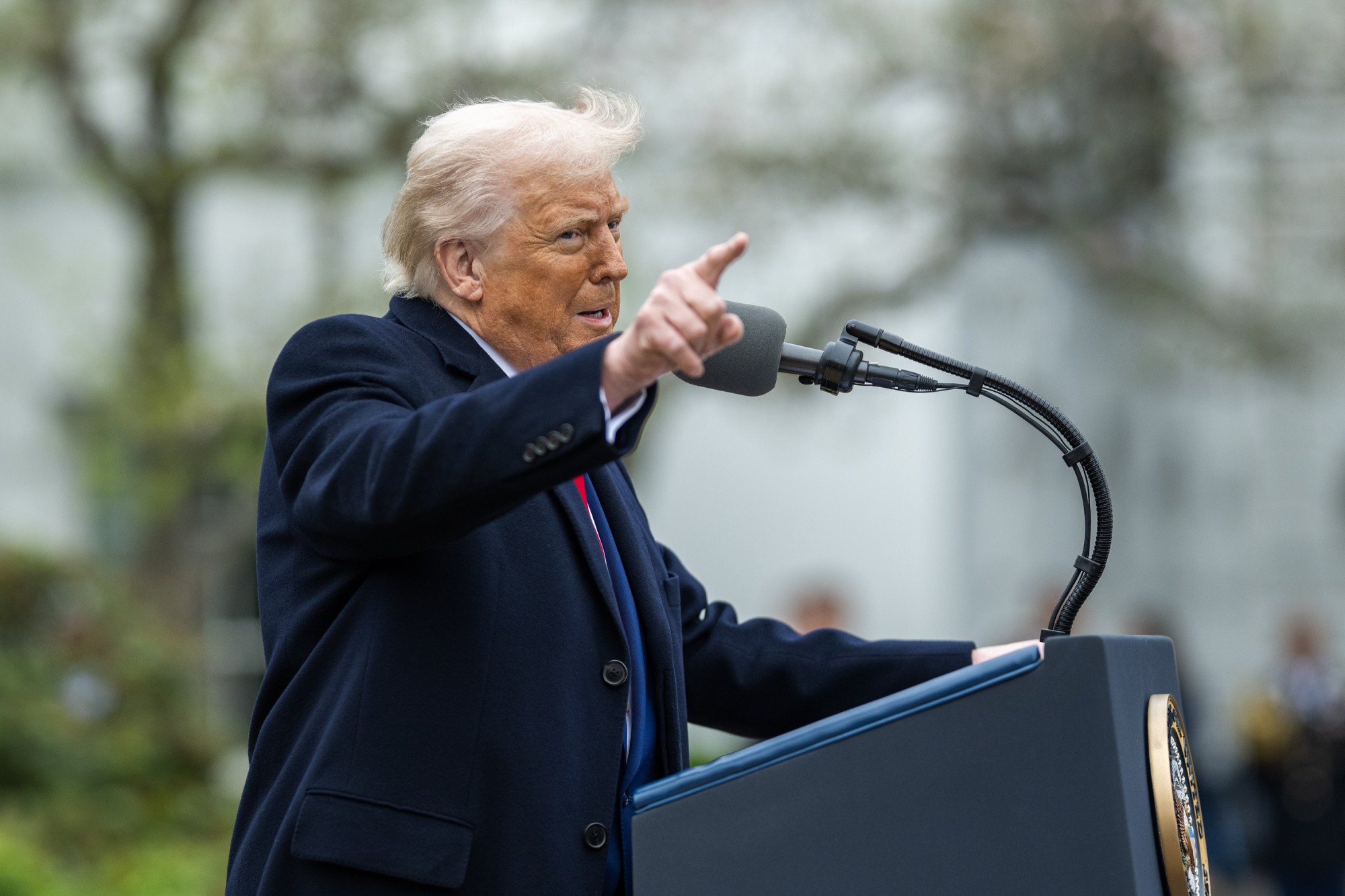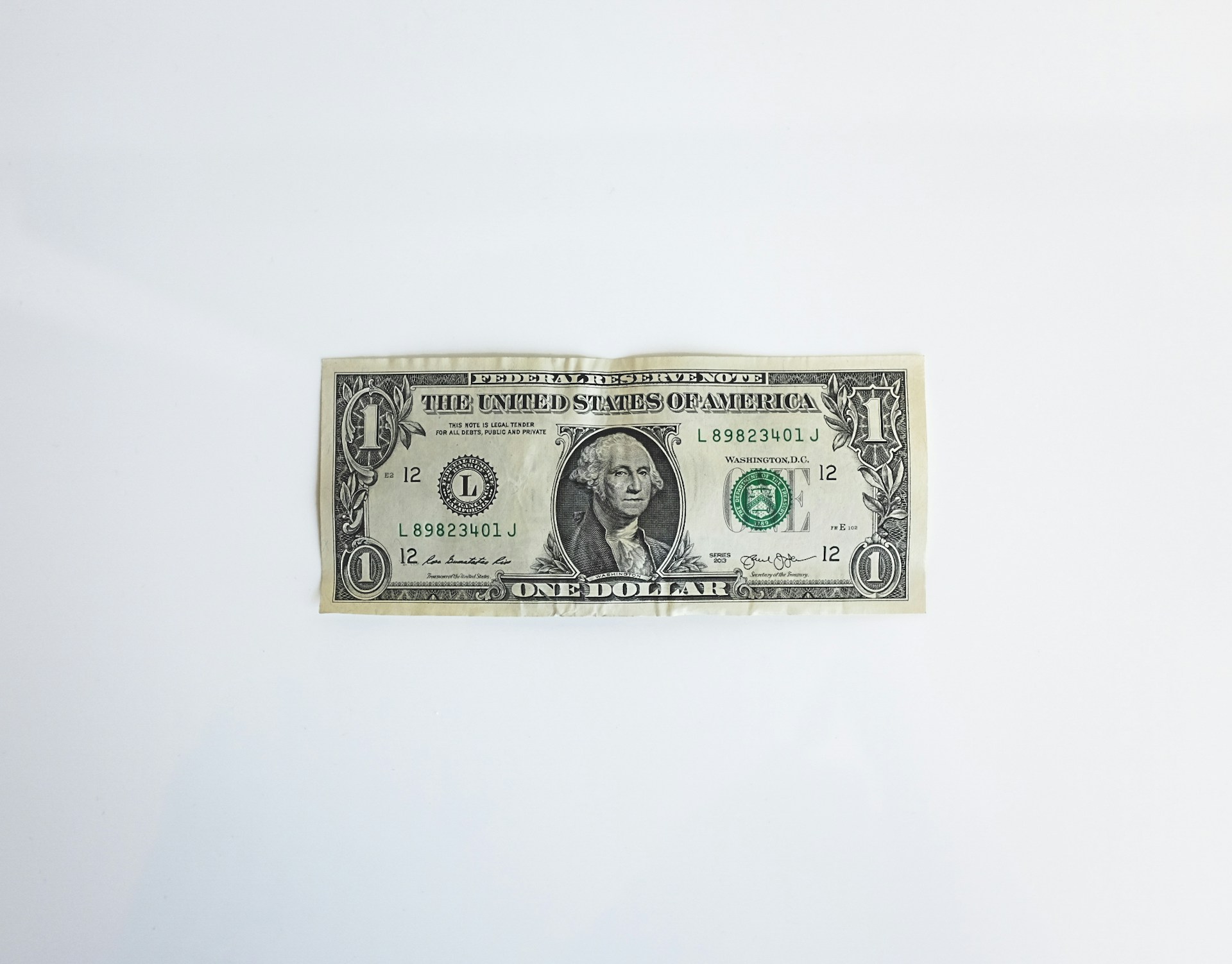Business
Most U.S. Businesses Raising Prices Due to Trump Tariffs: KPMG Survey
By Jake Beardslee · October 7, 2025

Widespread Price Increases Hit American Consumers
A substantial portion of American businesses have implemented or are planning significant price increases in response to President Donald Trump's tariff policies, according to new research from KPMG LLP. The professional services firm's survey of senior executives reveals that 44 percent have already raised prices due to tariff-related costs, with two-thirds transferring up to half of these expenses to consumers and 21 percent passing along more than half—a notable increase from 13 percent in July. The White House / Wikimedia
Future Price Hikes Anticipated Across Industries
According to the survey data, 42 percent of executives expect price increases of up to 5 percent, while another 29 percent predict hikes ranging between 6 and 15 percent over the next six months. These projections suggest consumers will continue facing higher costs as companies adapt to the evolving tariff landscape. Allef Vinicius / Unsplash
Major Retailers Lead Price Adjustment Wave
Several prominent American retail chains, including Walmart and Dollar General, have publicly announced plans to raise prices to offset the financial impact of new import duties on their profit margins. Consumer surveys indicate that shoppers are increasingly aware of these price increases and largely connect them to the administration's trade policy decisions. The administration, however, maintains that tariff-related price impacts will remain minimal and emphasizes that these measures are essential for balancing global trade, encouraging domestic manufacturing reshoring, and generating federal revenue in the billions. The White House has urged businesses to absorb as many tariff-related costs as possible before transferring them to customers. David Montero / Unsplash
Profit Margins Compress Under Tariff Pressure
KPMG's September survey uncovered additional financial strain on American businesses beyond pricing concerns. Thirty-nine percent of companies reported shrinking profit margins due to tariffs, with 44 percent anticipating this trend will persist into the following year. International sales have suffered significantly, with 60 percent of businesses experiencing decreased revenue in foreign markets. However, there has been some improvement, with only 22 percent now reporting sales declines of 16 to 25 percent, compared to 27 percent in July. Andrew Dolph / USA TODAY NETWORK via Imagn Images
Business Leaders Predict Long-Term Tariff Impact
KPMG LLP Chair and CEO Timothy Walsh revealed to Fortune that an overwhelming 89 percent of American CEOs believe tariffs will "significantly impact" their operations over the next three years, with 86 percent planning to implement price increases in response. Walsh emphasized that beyond the challenges posed by implemented tariffs, "the uncertainty around whether those tariffs will continue to change" compounds difficulties for business planning and strategic decision-making. Pixabay / Pexels
Hiring Freezes and Workforce Reductions Emerge
The tariff uncertainty has triggered significant employment consequences across American businesses. Nearly 40 percent of survey respondents have paused hiring initiatives, while one-third have reduced their U.S. workforce by 1 to 5 percent. Fifteen percent have implemented deeper cuts, eliminating between 6 and 10 percent of positions. On a more positive note, 13 percent report creating new jobs by relocating some production operations to domestic facilities. Mikhail Nilov / Pexels
Reshoring Consideration Outpaces Implementation
While 63 percent of businesses are currently evaluating the possibility of moving operations back to the United States to avoid tariff impacts, only 10 percent have actually begun taking concrete steps toward this goal. Company leaders cite substantial barriers to reshoring, including elevated labor costs, increased operating expenses, and the significant capital investment required for such transitions. Kenny Eliason / Unsplash
Reshoring Challenges May Exceed Tariff Costs
James Gellert, executive chair at financial analytics firm RapidRatings, explained that "Reshoring is a timely and costly effort." He noted that "It may cost more in the end to shift operations completely domestically—scaling infrastructure, performing due diligence on new suppliers, developing an entire new workforce—than just absorbing potential tariff impact." Gellert told Newsweek that tariffs are expected to "settle" at approximately 15 percent, which he characterizes as "manageable, though painful." He suggested that few companies would be willing to "reengineer their supply chains" to avoid this level, and such restructuring might result in price increases regardless.
Industry Experts Weigh In on Pricing Dynamics
Andrew Siciliano, Global Practice Leader for Trade & Customs at KPMG LLP, told Newsweek: "Our data indicates that tariffs have been a key factor in many companies' decisions to reevaluate their pricing strategies. In some cases, tariffs have increased costs for imported goods and components, prompting businesses to pass those costs onto consumers. However, in other cases, prices may rise slightly, or not at all, due to price elasticity, re-negotiated prices with overseas suppliers, availability of comparable products from low tariffed countries and other market factors. Ultimately, while tariffs might be a driver of higher prices for some, it's important to note that they are not always the sole reason for broader pricing decisions." Kaboompics.com / Pexels